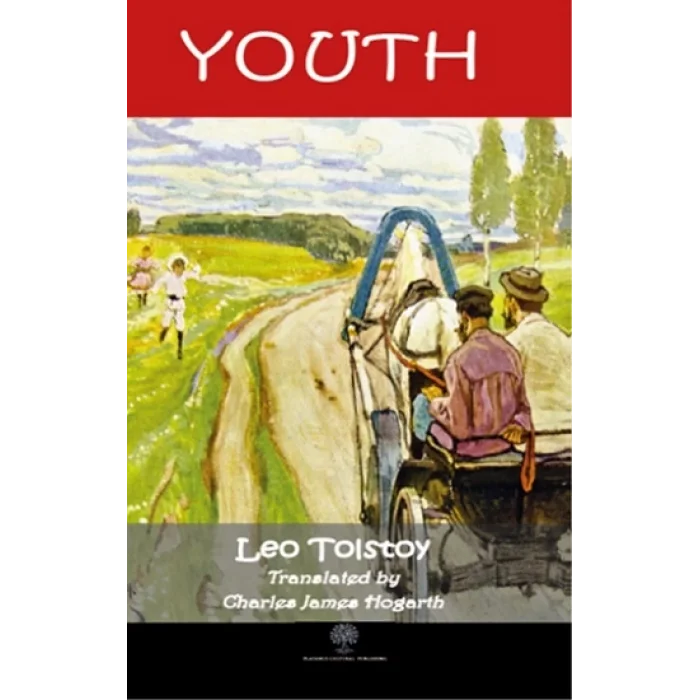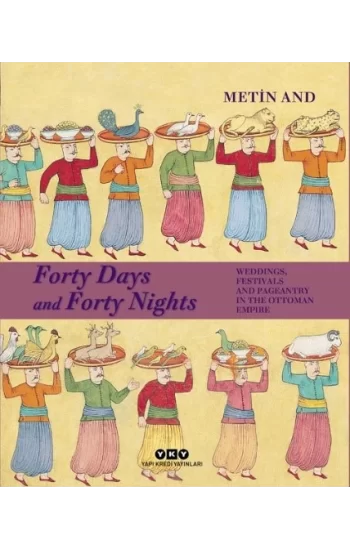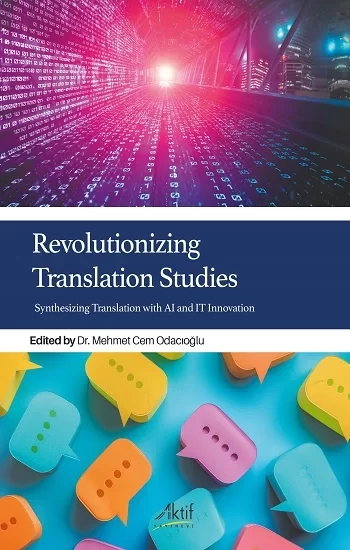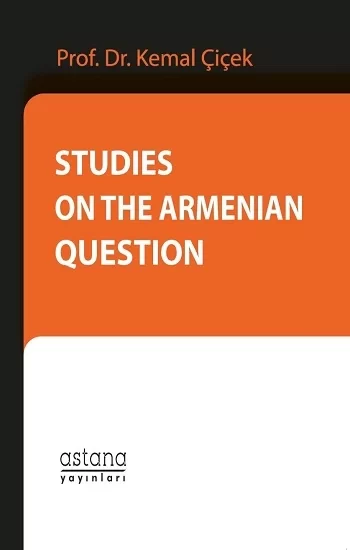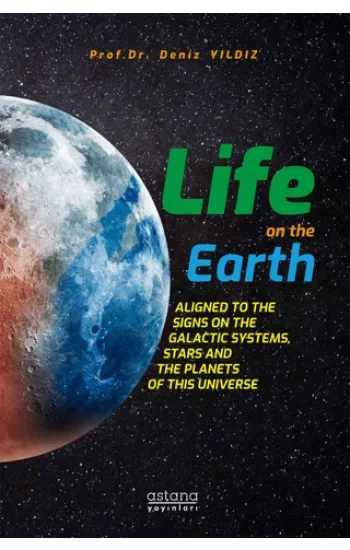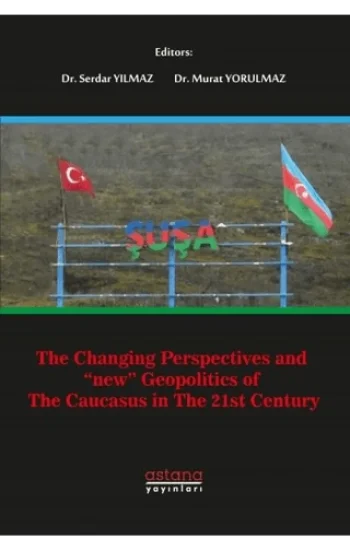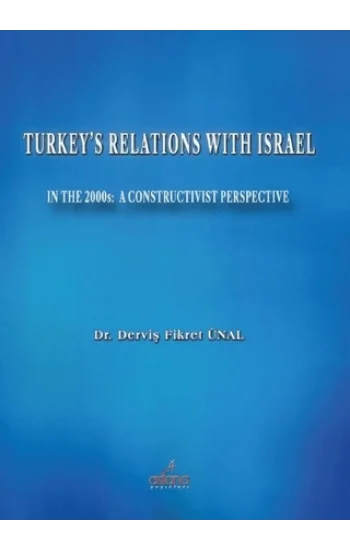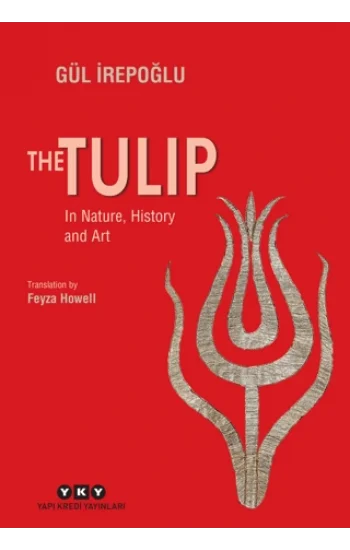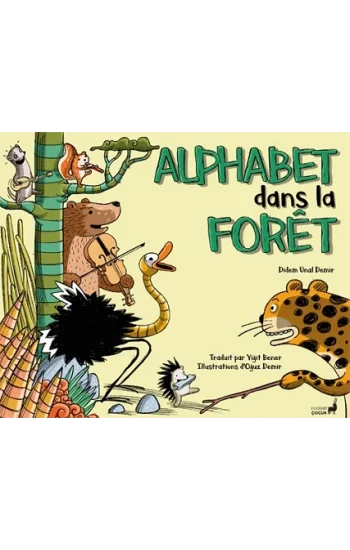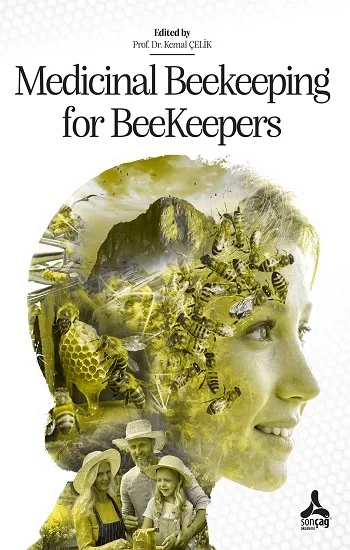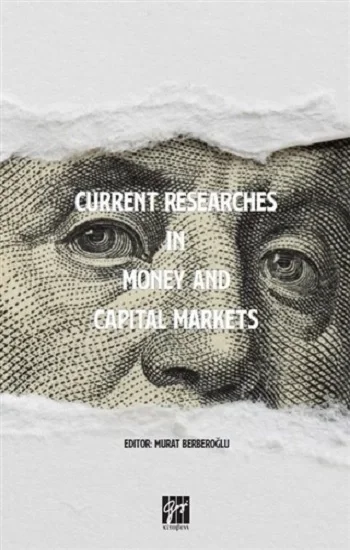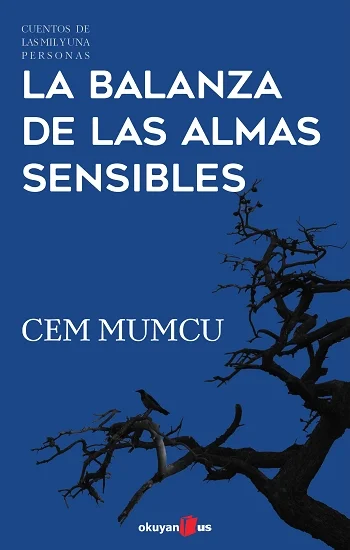I have said t that my friendship with Dimitri opened up for me a new view of my life and of its aim and relations. The essence of that view lay in the conviction that the destiny of man is to strive for moral improvement, and that such improvement is at once easy, possible, and lasting. Hitherto, however, I had found pleasure only in the new ideas which I discovered to arise from that conviction, and in the forming of brilliant plans for a moral, active future, while all the time my life had been continuing along its old petty, muddled, pleasure-seeking course, and the same virtuous thoughts which I and my adored friend Dimitri (&`;my own marvellous Mitia,” as I used to call him to myself in a whisper) had been wont to exchange with one another still pleased my intellect, but left my sensibility untouched.


